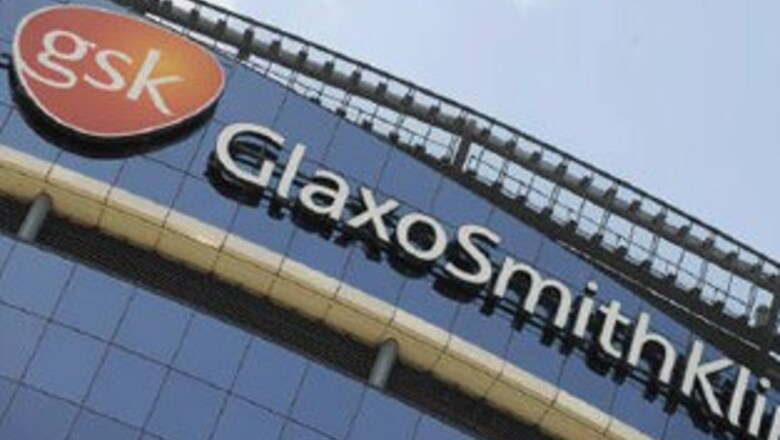
views
Mumbai: A unit of global drugmaker GlaxoSmithKline temporarily halted operations in Andhra Pradesh on Friday as the fallout from a government plan to carve up the southern state mounted.
The government approved a plan on Thursday to create a new state called Telangana out of Andhra Pradesh after more than a week of violent protests.
But fresh protests and the mass resignation of Andhra Pradesh MLAs may still force the government to backtrack, fearing not only a political backlash, but also economic repercussions.
GlaxoSmithKline Consumer Healthcare, a unit of the global drugmaker, said on Friday it was temporarily closing its factory in the state due to the political protests.
Shares in several Indian realty firms based in Hyderabad fell, and a local branch of HSBC bank was attacked by a mob of protesters who have shut down the city for more than a week.
Investors worry whether the tug-of-war over the creation of a new state will affect investments, as well as where it will leave the status of Hyderabad, home to companies like Microsoft, Google and Dell.
The Union government has not yet decided the fate of Hyderabad, once seen as an example of Indian cities fast becoming hubs for global companies looking to cut costs.
"Even though it's been years in the making, the decision (to split the state) was quite sudden, so there's been quite a bit of turbulence and uncertainty," said Dipankar Mitra, an economist at Noble Group.
"That doesn't send very good vibes to investors."
When the states of Jharkhand, Uttarakhand and Chhattisgarh in central and northern India were carved out of big states some years ago for better administration and distribution of funds, everyone was on board and knew what to expect, Mitra said.
This time around, the lack of coordination and the tension between the federal and state governments had made investors wary, he said.
Apart from slowing investments in new infrastructure projects, which will lead to delays and higher costs, there is also a danger that real estate firms that depend on political connections could suffer from the new equation, analysts said.
The Union government has an ambitious target of $500 billion in infrastructure spending over the next five years.
Besides multinational firms that have back offices and development offices in Hyderabad, local firms including Mahindra Satyam, Infosys and Wipro have a presence in the city, which aimed to rival tech hub Bangalore.
All businesses need clarity quickly, said Ganesh Natarajan, a former chairman of software lobby group NASSCOM.
"There are some concerns about stability and security in the short term, but these protests will die down," he said. "Then there are the taxes and labour laws that should be clarified quickly."
In a sign of nervousness, shares of Hyderabad-based realty firms fell for a second day, with Nagarjuna Construction and GVK Power & Infrastructure down more than 2 percent, trailing the benchmark BSE index, which was down 0.5 percent.


















Comments
0 comment